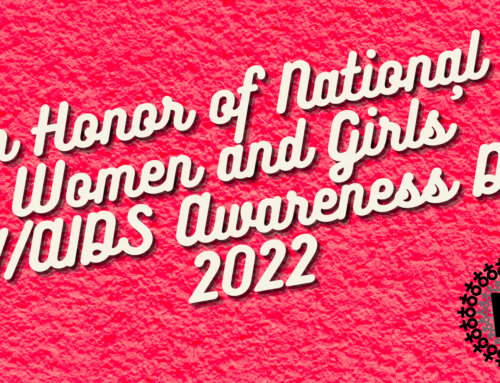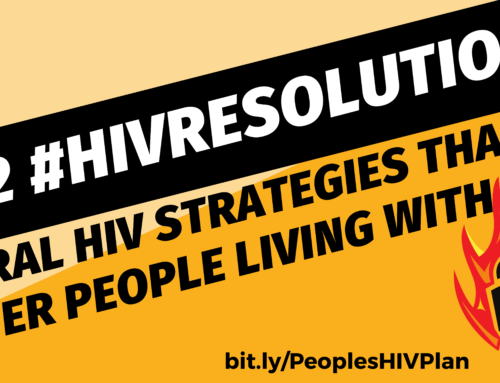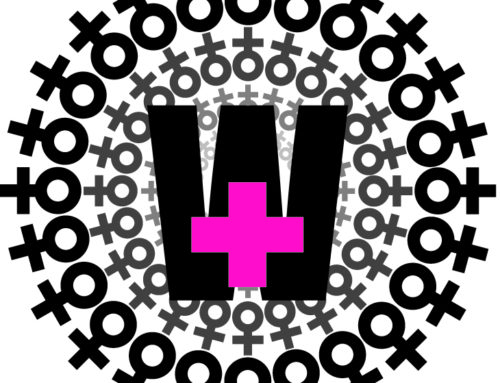Women Commend President Obama’s Leadership on National HIV/AIDS Strategy; Urge Increased Focus on Women; Southern U.S. and “Shadow Cities” in Implementation
Wednesday July 13, Oakland CA – One year after the release of the U.S. National HIV/AIDS Strategy, HIV-positive women leaders are cautiously optimistic and urge increased attention on women’s issues and the U.S. South.
The first-ever coordinated and comprehensive effort to address the U.S. domestic HIV epidemic, the National HIV/AIDS Strategy (“Strategy”) has the potential to be groundbreaking, say advocates for women. Advocates are encouraged that the Obama Administration has held themselves to the same standards of recipients of U.S. PEPFAR funding and developed a strategic plan of action to approach the epidemic at home. The Strategy has gone above and beyond previous governmental approaches to the HIV epidemic by addressing the HIV-related stigma and racial and ethnic disparities that continue to plague the U.S. HIV epidemic.
Thirty years into the HIV epidemic, however, women of color in the U.S., especially Black and Latina women, bear a disproportionate burden of the epidemic. This burden is especially pronounced when women’s care taking responsibilities for children, families, and partners are taken into consideration. Yet funding for women-focused HIV services seems to be disappearing at an alarming rate. The Strategy’s first funded effort, the “12 Cities Project”, targeted twelve metropolitan areas with the highest cumulative AIDS rates with grants of about $1 million each for HIV testing, surveillance, data collection, and a review and improvement of prevention activities. Limiting the focus to these twelve major metropolitan areas has its pitfalls, say advocates for women. Particularly given rising incidence rates among women in the South and rural areas where data shows living HIV and AIDS rates are higher than in many 12 Cities areas and where 12 Cities demonstration projects will likely not translate.
“We are concerned that the Strategy does not sufficiently focus on addressing the unique needs of women living with and affected by HIV, especially for those living in areas with emerging epidemics in the South” says Pat Kelly, Founder & Director of a Family Affair; Program Coordinator, Minority AIDS Council of Orangeburg, Bamberg and Calhoun Counties South Carolina; and founding member of the PWN. “Women with HIV need peer based and culturally relevant supportive services to stay in care, which can prevent new infections. Yet, within the context of a broader attack on women’s rights nationally, we are also seeing a reduction in funding for these supportive services around the nation, especially in southern states that consistently underfund their HIV programs.”
“We need to start with counting women, including transgender women, accurately.,” says Waheedah Shabazz-El, founding member of the PWN. “Women are largely invisible in data collection and often report no ‘risky behavior’ even when testing positive. Yet we know women are testing late, progressing to AIDS faster, and having worse health outcomes and higher rates of mortality overall. We need a better understanding of what puts women at risk for HIV in the first place and what keeps HIV-positive women in care.”
Advocates also cite concerns that improving sexual and reproductive health services for people living with HIV was not explicitly mentioned in the National HIV/AIDS Strategy. With proper care, HIV-positive women can lead long, healthy lives and therefore need access to the full range of sexual and reproductive health services throughout their life spans. PWN strongly urges that women-centered models of HIV care, inclusive of sexual and reproductive healthcare services, are incorporated into the new health systems being created under health care reform implementation.





